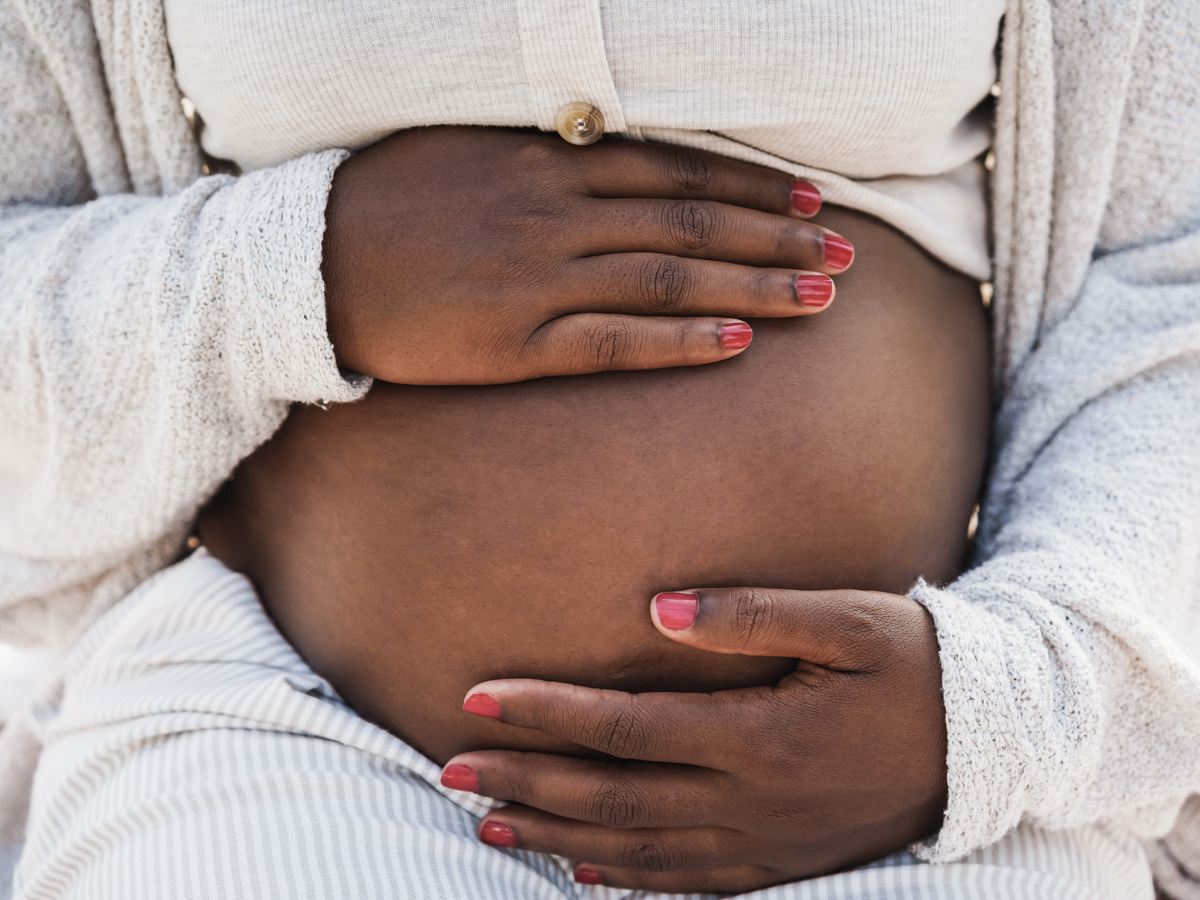One of the biggest scandals in the history of the NHS is currently unfolding. Starting in 2000, major failings in maternity care led to numerous baby deaths within the Shrewsbury and Telford Hospital NHS Trust. Donna Ockenden, Chair of the Independent Maternity Review, described the cases involved as ‘amongst the most serious we have seen in our careers.’ Initially concerning 23 families – an alarming figure in itself – the scandal rapidly escalated. The final report examines the care received by 1,862 families.
While the report was being compiled, many of the cases were found to have been insufficiently investigated or simply covered by internal review. BBC Panorama investigated one of the earliest cases – the death of baby Kathryn at a mere 21 minutes old – and discovered that problems identified almost two decades ago persisted in subsequent incidents. Donna Ockenden commented that ‘there were cases [such as Kathryn’s] where an earlier recourse to caesarean section rather than a persistence towards a normal delivery may well have led to a better outcome for mother or baby or both.’
The trust was known to have a ‘reputation for unusually high numbers of vaginal births’ with a c-section rate of up to 12% lower than the England average at the time. Dr Bernie Bentick, a former consultant obstetrician and gynaecologist at the trust, remarked that ‘some of the ways they responded to problems were to try to preserve the reputation of the organisation rather than to do anything practical.’ He also highlighted ‘a tendency to blame individuals for not following guidelines rather than look at the underlying factors.’
Originally due in December and postponed until March 22nd, the full report has been postponed a second time due to ‘parliamentary processes’ that must precede its publication. There is now no clear publication date planned. Delays to the report’s publication have been described as a ‘massive kick in the guts’ by Rhiannon Davies, one of the mothers involved. The eventual publication will not only support better maternity outcomes for women in the future but also hopefully bring some peace to the families who have lost children.
Disparities in maternal outcomes
Sadly, mothers have also been directly suffering from standards of maternity care around the UK. Maternal health often serves as a stark indicator of the overall state of a country’s healthcare system and, while maternal health is good in the UK compared to some other countries around the world, it is clear that maternal health outcomes are not equal across society:
‘University of Oxford researchers found that between 2014 and 2016 the rate of maternal death in pregnancy was 8 in 100 000 white women, compared with 15 in 100 000 Asian women and 40 in 100 000 black women.’
A new analysis of maternal deaths in the UK has found that the coronavirus pandemic is likely to have worsened these existing disparities.
Racial disparities in healthcare are not unique to maternal care with experts stating these inequalities permeate ‘every aspect of healthcare.’ A recent damning study into racial inequalities in healthcare found the current landscape to be bleak; the review found that ‘ethnic inequalities in health outcomes are evident at every stage throughout the life course, from birth to death.’
This study sparked outrage, drawing criticism from campaigners, patients and MPs alike. Health officials were criticised for having ‘paid lip service’ for many years as opposed to taking action on the problem. However, it seems that that picture may be about to change:
AI to reduce racial disparities in baby death rates
A new artificial intelligence pregnancy screening tool is being piloted by the NHS with the goal of reducing racial disparities in baby death rates. Black babies have been found to have consistently worse outcomes, but this tool could change that: ‘when the new tool was used in conjunction with targeted care, death rates fell to about the same across all ethnic groups.’
Created by Tommy’s National Centre for Maternity Improvement, led by the Royal College of Obstetricians and Gynaecologists and the Royal College of Midwives, the tool ‘works by assessing detailed data, gathered during antenatal appointments, to determine a woman’s specific, personalised risk of potential complications developing during pregnancy.’ This real-world data will enable timely and tailored care that will ultimately save lives. Tailoring care to the specific needs of each patient will help reduce inequalities prevalent in a system that sees white bodies as a default.
Prof Basky Thilaganathan, clinical director of the Tommy’s National Centre for Maternity Improvement, led the research team at St George’s University hospital NHS trust in London. He commented that:
‘The current maternal risk-factor screening programme is limited and can contribute to ongoing racial inequalities – but our algorithm can account for these deficiencies, enabling us to truly personalise care rather than treating large groups in the same way, and ultimately improve pregnancy outcomes’
Standard screening practices have not changed since the 1970s so this change is urgently needed. The ongoing maternity scandal has shone a spotlight on maternity care across the UK and has clearly highlighted areas in need of improvement. This new tool will be a valuable part of reducing health inequalities in the UK and is soon to be piloted in London, Yorkshire, Surrey and Lancashire following a successful trial involving more than 20,000 pregnant women.
Recommended for you

Antidepressant Prescribing at Six-Year High
More people are taking antidepressants than ever. Is this a dark sign of the times or an indication that mental health stigma is changing?

Can AI be Used to Determine Cancer Recurrence?
When cancer patients go into remission, they often worry about it coming back. AI can now help identify those at risk of cancer recurrence.

Pegasus – Still a Threat to the UK?
The notorious Pegasus spyware has been misused to exploit vulnerabilities in devices, even those kept within the walls of Number 10.
Trending

Drug Decriminalisation: Could the UK Follow Portugal?
Portugal’s drug decriminalisation has reduced drug deaths and made people feel safe seeking support. Would the UK ever follow suit?

Calling All Unvaccinated UK Adults
With Covid cases rising, the NHS is urging the 3 million UK adults who remain unvaccinated to come forward.





